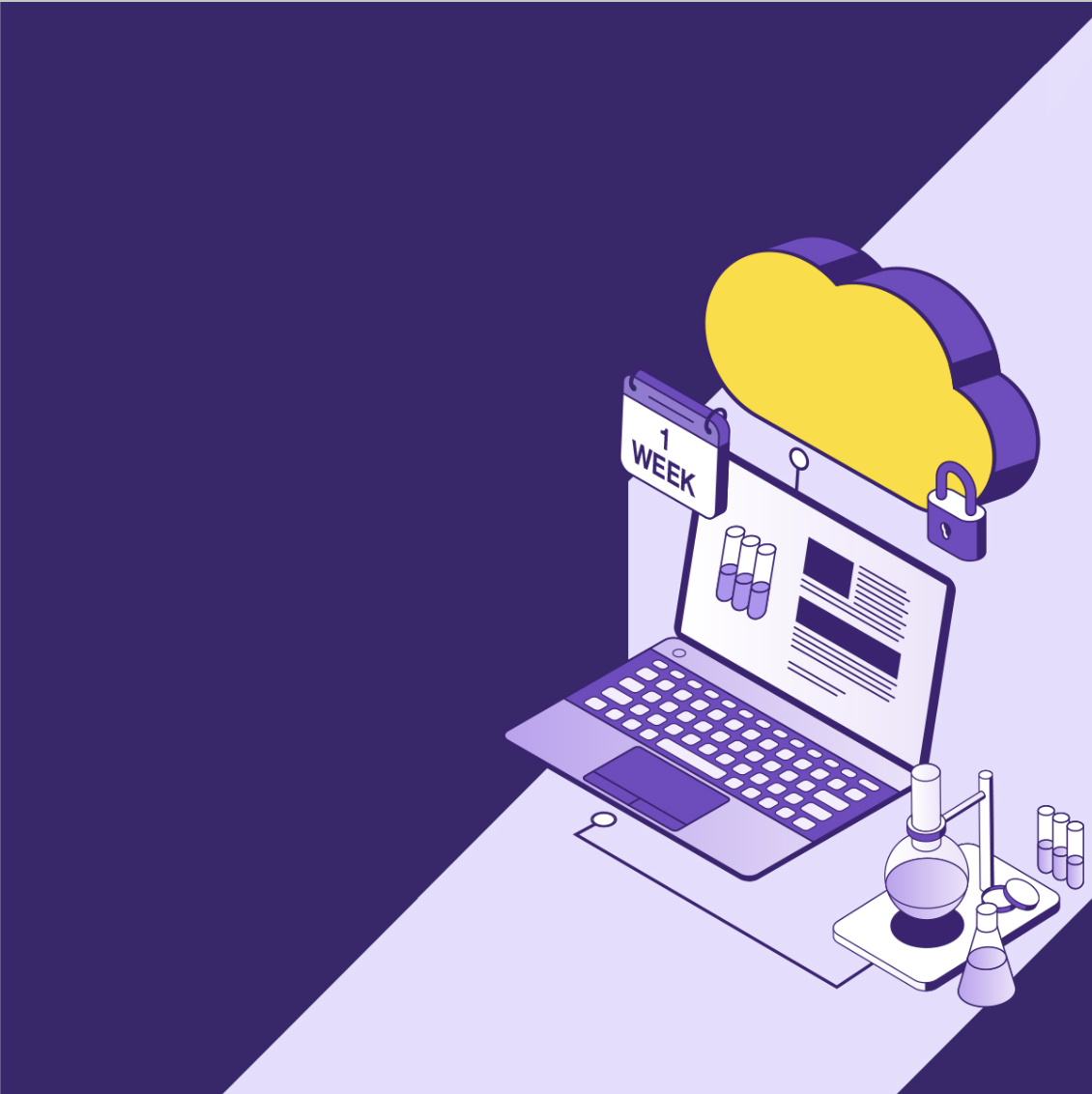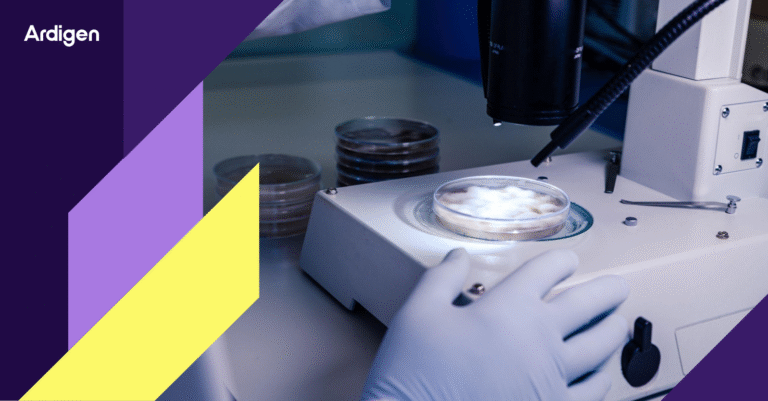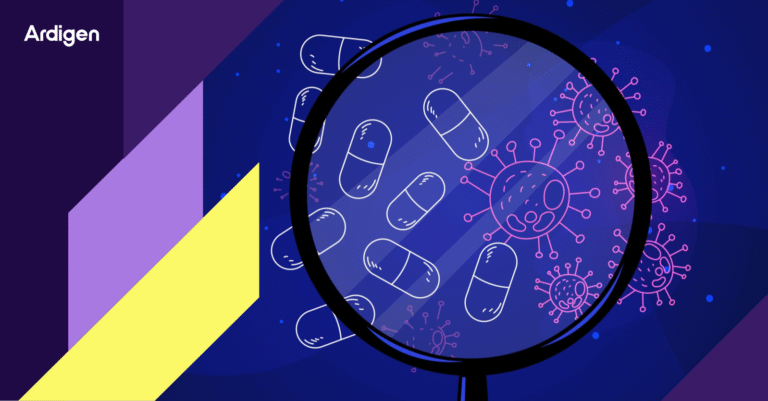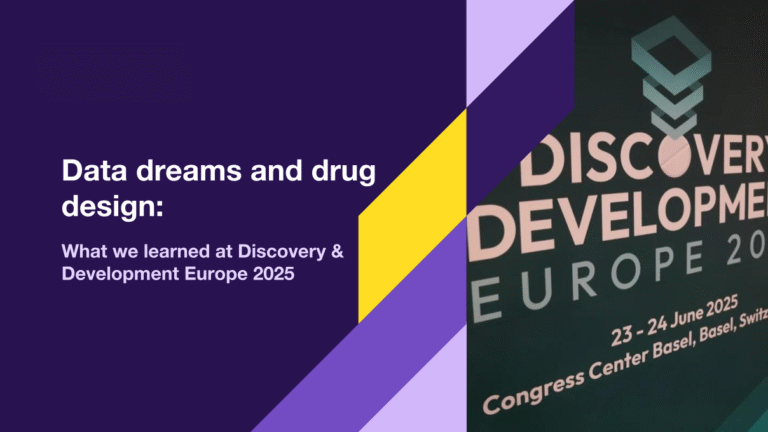Advantages of Cloud Infrastructure for Biotech
The biotechnology and pharmaceutical industries are overwhelmed with an increasing amount of diverse data. Startups commonly struggle to analyze vast amounts of genomic, transcriptomic, and other types of data using local IT infrastructure. The challenges of distributed teams, data sharing, and accessing compute resources emphasize these issues. Moreover, constantly evolving industry compliance standards can create additional hurdles for both startups and established companies. The solution? Transitioning to a cloud-based infrastructure. Cloud services offer scalability, adaptability, and efficiency, which are critical in today’s fast-paced biotech environment. Cloud-based workspaces, such as JupyterLab Notebooks or R Studio, empower teams to collaboratively extract insights from data using Bioinformatics, Artificial Intelligence (AI), and Machine Learning (ML) tools. Transitioning to the cloud may seem daunting, but the benefits far outweigh the initial challenges. For those aiming to leverage the latest AI and ML capabilities, cloud infrastructure is essential. It allows for automated workflows, enhanced collaboration, and adherence to evolving compliance standards.
Cloud Onboarding Made Simple
One of the main obstacles biotech and pharma companies face in cloud adoption is transitioning from their existing IT infrastructure. Startups, in particular, may lack the resources and expertise to optimize the setup for their unique needs. A properly configured cloud environment is secure, user-friendly, and equipped with essential features like regulatory and compliance frameworks.
Our One-Week Cloud Onboarding service rapidly equips biotech organizations with the tools and infrastructure needed to start collecting and analyzing data, enabling AI and machine learning integration within just one week. This streamlined process ensures a seamless transition to a secure, scalable cloud environment tailored for bioinformatics and data science workflows. With expert guidance and robust support, your team will be fully operational and AI-ready in record time.
How Does Cloud Onboarding for Biotech Work?
At Ardigen, we specialize in the pharmaceutical and biotechnology sectors, understanding the unique requirements for setting up cloud infrastructure in the Life Sciences industry. We ensure that the setup adheres to security and compliance standards, following frameworks such as HIPAA, HITRUST, and ISO 270001 for our European and U.S. customers. Additionally, we tailor our solutions to your specific needs, helping eliminate productivity bottlenecks.




